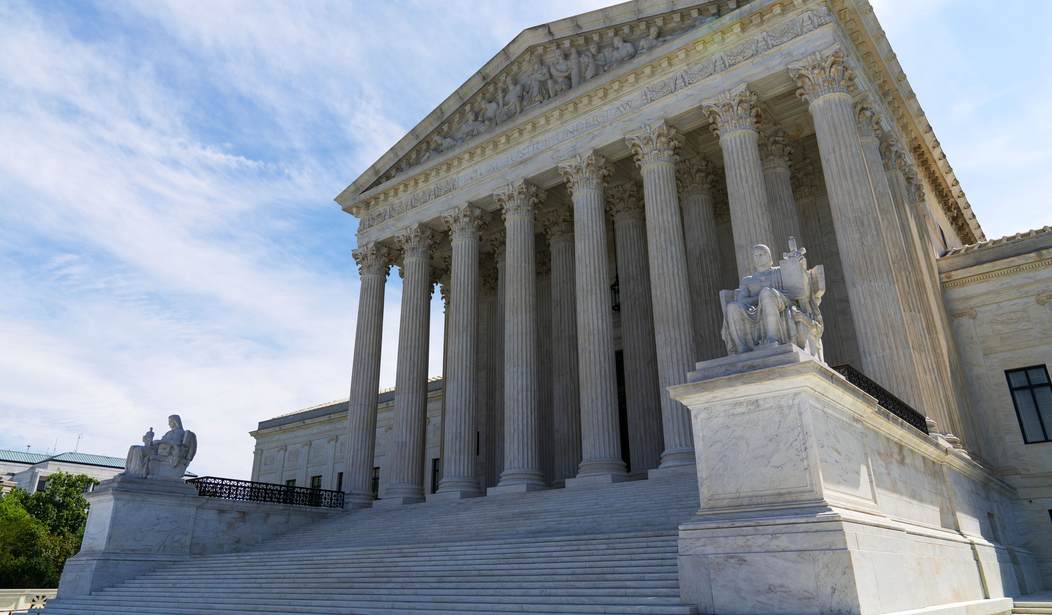Mark your calendars for Wednesday, November 3rd. That’s when the Supreme Court will hear oral arguments in a supremely important case dealing with the right to keep and bear arms. The nine justices will hear from New York Attorney General Letitia James, who’ll be defending that state’s restrictive and subjective “may issue” laws regarding concealed carry permits, as well as former Solicitor General Paul Clement, who’s representing the New York State Rifle & Pistol Association and several of its members who’ve been denied a carry license from the issuing authorities in their home counties.
The arguments will be heard this fall by a high court that leans conservative, with six of the nine justices having been appointed by Republicans.
The decision to elevate the case may be a consequence of the dramatic shift in the court’s ideological makeup under Republican former President Donald Trump, who appointed associate Justices Neil Gorsuch, Brett Kavanaugh and Amy Coney Barrett.
The most recent major Supreme Court decisions on guns came more than a decade earlier, when court held that the Second Amendment protects the individual right to carry a gun for self-defense inside the home.
Last year, the court declined to issue a substantial ruling in another case about gun regulations in New York, which has some of the strictest such rules in the country.
The case being heard in November stems from a lawsuit brought in 2018 by the New York State Rifle & Pistol Association and Robert Nash and Brandon Koch, two New York residents whose applications to carry guns in public for self-defense reasons had been denied.
The licensing officer denied the requests by Nash and Koch, saying they “did not demonstrate a special need for self-defense that distinguished [them] from the general public.”
That alone should be reason enough for the Court to toss out New York’s law, which flatly forbids the average citizen from bearing arms in self-defense. Instead, in order to receive a government-issued permission slip, individuals must show that their own circumstances are special and unique enough to demonstrate a justifiable need to carry a gun, and the right to bear arms or the right of self-defense isn’t a good enough reason to qualify.
New York’s law turns the Second Amendment on its head. Instead of acknowledging a right to both keep and bear arms, the state treats gun ownership generally and the specific ability to carry a firearm for self-defense in public as privileges that are only granted to those approved by those in authority. Letitia James has previously argued that the Supreme Court decision in the Heller case striking down Washington, D.C.’s ban on handguns actually supports New York’s point of view because it said that the “core purpose” of the Second Amendment was to protect the right of armed self-defense in the home. As Clement pointed out in his reply brief, however, the Heller decision recognized that the right clearly wasn’t limited to a gun owner’s residence.
Heller held that the Second Amendment protects “the individual right to possess and carry weapons in case of confrontation.” And it explained that the term “bear,” as used in the text, means to “wear” or to “carry … upon the person or in the clothing or in a pocket, for the purpose … of being armed and ready for offensive or defensive action in a case of conflict with another person.”
Because “conflict with another person” often occurs outside one’s home, the right to bear arms necessarily includes a right to carry a handgun outside the home.
Indeed, there would have been no need for the historical restrictions on carrying handguns in “sensitive places” if the right were confined to the home.
Yes, New York is really relying on the argument that the right to keep and bear arms doesn’t actually mean you have a right to carry a firearm in self-defense. Of course, James would also argue that the right to merely possess a firearm in your home should also be subject to subjective licensing standards, but since that portion of New York’s gun control laws isn’t a part of NYSPRA v. Bruen there’s no need for her bring that up during oral arguments. Instead, she’ll stick to her talking points: Because the state of New York has an interest in public safety they have the authority to regulate the carrying of firearms, and because some people can obtain a carry license the law isn’t an impermissible burden on a constitutionally protected right… even if the state’s law denies the general public from bearing arms in self-defense.









Join the conversation as a VIP Member